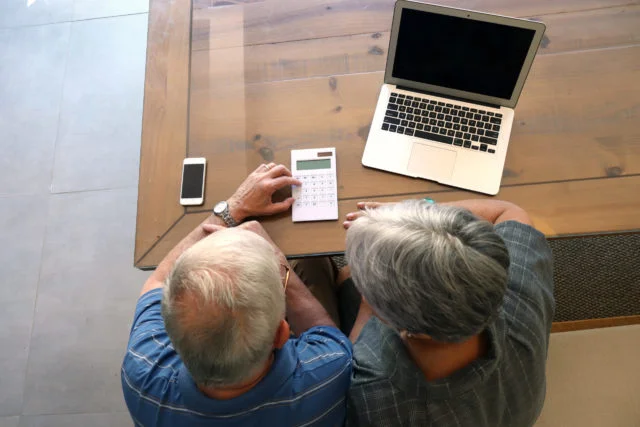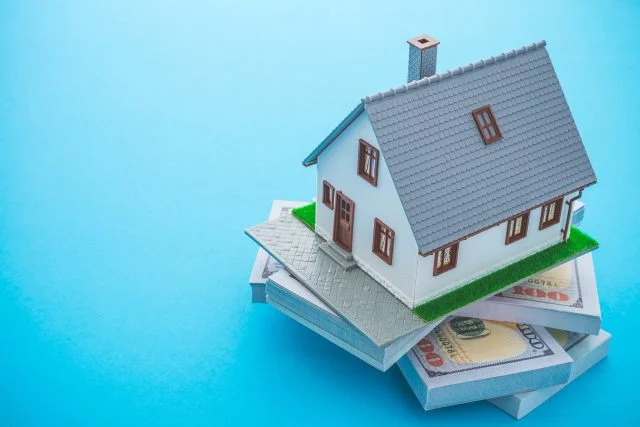Tag: reverse mortgage

Every year, older homeowners leave billions of dollars worth of the wealth locked up in their houses to their adult children. This is a paradox if one considers that home equity is one of retirees’ primary assets and could be a crucial source of income for people who are “house rich and income poor.” Retirement…

One telling indication that retirees are in serious financial straits is when they take less of their medications or don’t fill prescriptions. Nearly one in four low-income retirees has difficulty paying for medications, despite passage of Medicare Part D in 2006, which reduced out-of-pocket drug costs. Between 2011 and 2015, the average Medicare beneficiary spent…











